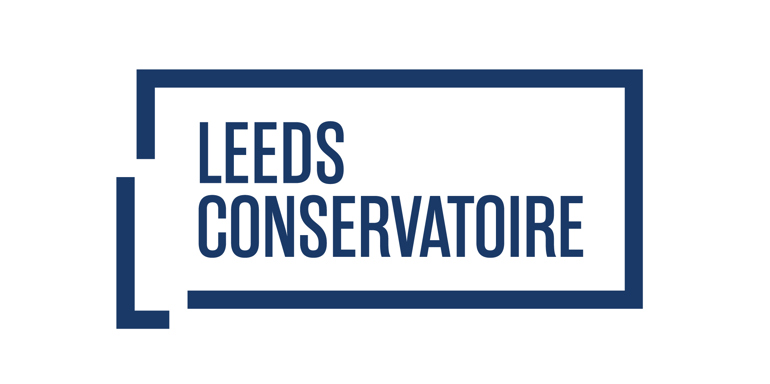Leeds Conservatoire is committed to ensuring that it provides a community where everyone feels safe, valued, and supported, regardless of their background.
We want all our students to feel safe and supported during their time at Leeds Conservatoire. If you experience prejudice, discrimination, harassment or violence as a student, please know you are not alone in dealing with this - help and support is available.
You can view our single source of information on our dedicated student information site - this will provide guidance on reporting, procedures and policies and how to get support.
The Health and Wellbeing Team are here to support enrolled students who may be affected.

What is harassment?
Harassment includes any unwanted behaviour or conduct which intends to violate a person’s dignity, or create an intimidating, hostile, degrading, humiliating or offensive environment due to any of the following protected characteristics:
- Age
- Disability
- Gender reassignment
- Race
- Religion or belief
- Sex
- Sexual orientation
Harassment also includes:
- Incidents of physical violence towards a person due to a protected characteristic
- Hate crimes perceived to be motivated by hostility or prejudice
- Domestic violence and abuse (which involves control, coercion and threats), and stalking

What is sexual misconduct?
Sexual misconduct relates to all unwanted conduct of a sexual nature. This includes but is not limited to:
- Sexual harassment
- Unwanted conduct which creates an intimidating, hostile, degrading, humiliating or offensive environment
- Assault
- Rape
- Physical unwanted sexual advances
- Intimidation, or promising resources or benefits in return for sexual favours
- Distributing private and personal explicit images or video footage of an individual without their consent
Harassment and sexual misconduct can happen through any medium, including online.
If you have experienced harassment or sexual misconduct of any kind, we are here for you and can provide you with the necessary support should you choose to report or disclose an incident to us.
You can report your experience to our Safeguarding team at safeguarding@leedsconservatoire.ac.uk - the information you provide will be dealt with in a sensitive and confidential manner.
Call it out
Our call it out campaign urges staff and students to call out any form of harassment or sexual misconduct.
‘Call it out’ aims to raise awareness of the help and support available if students face discrimination, prejudice, harassment, sexual misconduct or violence.
If you experience a situation that makes you feel uncomfortable, such as inappropriate, offensive or unwanted behaviour or comments, call it out.
Keep informed
Increase your awareness of unacceptable behaviour.
Report it
Speak to a trusted member of staff if you experience harassment.
Be an ally
Support those around you by standing up against any forms of harassment.
Access support
Leeds Conservatoire offers support to all students who have experienced harassment or sexual misconduct.
There are a number of charities and organisations that offer advice and support:
Practical information about reporting incidents and the police force in your area.
Citizens Advice provides information on what you can do if you or someone you know has experienced a hate incident or crime. These may occur due to prejudice or hostility based on a person’s disability, race, religion, sexual orientation or personal identity.
Rape Crisis England and Wales:
Rape Crisis helps you find your nearest Rape Crisis centre, as well as offering online emotional support and self-help tools.
NSPCC Abuse in Education helpline:
Provides victims of abuse with the appropriate support, advice and onward action, including on contacting professionals or the police if they wish.
TellMama offers a support service for people across England to report any form of anti-Muslim abuse.
Disability Rights UK: Disability:
Rights UK runs a dedicated helpline for students with disabilities. They also campaign to improve rights for those with disabilities and to tackle hostility, bullying and hate crime.
Community Security Trust (CST):
The CST charity aims to protect British Jews from any form of antisemitism.

Reporting an Incident
If you experience inappropriate behaviour of any kind from a student or staff member, you can report this to the conservatoire through our incident reporting form. A member of the Quality team will be in touch to discuss further.
Report an Incident against a student
Report an Incident against a staff member






